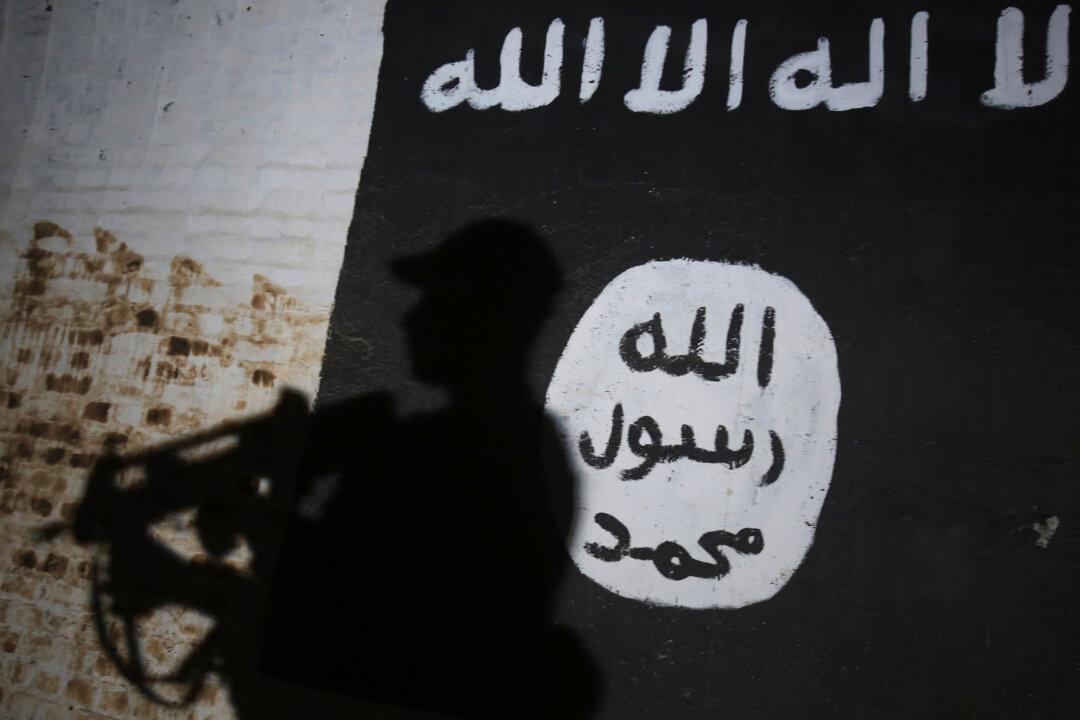Iraqi Prime Minister Mustafa Al-Kadhimi announced Thursday that security forces have killed Abu Yaser al-Issawi, an ISIS commander who had claimed to be the leader of the terror group in Iraq and its “deputy caliph.”
“Our heroic armed forces have eliminated Daesh [ISIS] commander Abu Yaser Al-Issawi as part of an intelligence-led operation,” Kadhimi wrote in a tweet, referring to ISIS by an Arabic term considered by the group to be slanderous.





